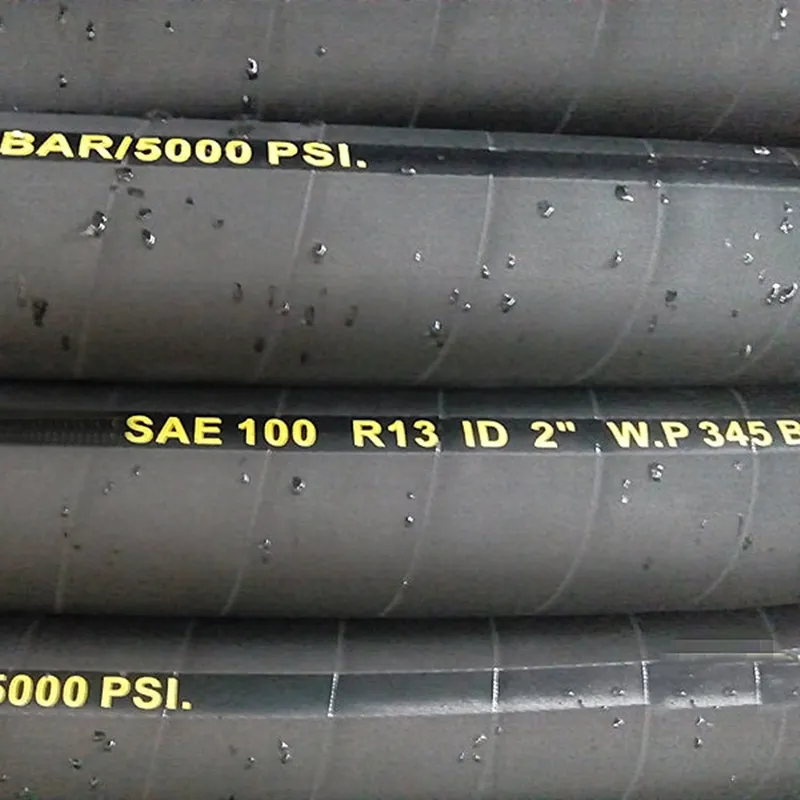lis . 09, 2024 06:37 Back to list
Overview of Quotes for Flexible Metal Hoses in Various Applications
Understanding Flexible Metal Hose Quotes A Comprehensive Guide
Flexible metal hoses are essential components in various industrial applications, providing flexibility, durability, and resistance to extreme conditions. They are utilized in environments where traditional hoses may fail, such as in chemical processing, oil and gas, and HVAC systems. To procure these hoses effectively, understanding flexible metal hose quotes is crucial for businesses seeking to make informed purchasing decisions. This article explores what factors influence these quotes and how to interpret them for your needs.
Factors Influencing Flexible Metal Hose Quotes
1. Material Composition Flexible metal hoses are typically made from stainless steel, bronze, or other alloys. The choice of material affects both the cost and performance of the hose. Stainless steel is commonly favored for its resistance to corrosion and high temperatures, which can justify higher prices in quotes.
2. Diameter and Length The size specifications of the hose play a significant role in the pricing structure. Larger diameters and longer lengths often result in higher costs due to the increased material and manufacturing processes involved.
3. Pressure Ratings Different applications require hoses rated for specific pressure levels. Hoses designed to withstand high pressures typically involve more robust materials and construction methods, leading to increased costs. Quotes should specify the pressure rating to ensure the selected hose meets operational requirements.
4. Braid Configuration The design of the hose’s braid (single or double) impacts its flexibility and strength. Double braided hoses, while more expensive, provide enhanced durability and protection against bursting, which can be critical in high-stress environments.
5. End Connections The type of end connections (such as threaded, flanged, or quick-connect options) significantly influences the quote. Custom end fittings may incur additional costs, so it's essential to consider compatibility with existing systems in your evaluation.
flexible metal hose quotes

Interpreting Flexible Metal Hose Quotes
When reviewing flexible metal hose quotes, it's important to look beyond the base price. Here are some key elements to consider
- Total Cost of Ownership The quoted price should be assessed in the context of the total cost of ownership. Consider the lifespan of the hose, maintenance needs, and potential downtime associated with replacements. A higher initial investment in a durable hose can yield lower long-term costs.
- Lead Times Understand the expected lead times associated with your order. Quick turnarounds may be necessary in emergency situations, while longer lead times may be acceptable for planned projects. Quotes should outline expected delivery dates to help in project scheduling.
- Warranty and Support A reputable supplier will provide information about warranty terms and customer support. Evaluate the extent of coverage and the responsiveness of the supplier to ensure reliable post-purchase support.
- Volume Discounts If your organization requires multiple hoses, inquire about volume discounts. Suppliers often offer reduced rates for bulk purchases, which can lead to substantial savings.
Conclusion
Flexible metal hose quotes involve various factors that can significantly impact the cost and performance of the hoses. Understanding specifications such as materials, dimensions, pressure ratings, braid configurations, and end connections is essential for making informed decisions. By thoroughly evaluating quotes and considering total costs and supplier reliability, businesses can procure high-quality flexible metal hoses that meet their operational needs efficiently and effectively. As industries evolve, ensuring that your equipment can meet the challenges ahead begins with the right choice of hoses.
-
Best Four Steel Wire Spiral Hose Hydraulic R12 – Durable High-Pressure Hose Manufacturer
NewsJul.08,2025
-
High-Quality 1/4 Hydraulic Hose – Soft, Flexible & Durable Rubber Hoses for Industrial Use
NewsJul.08,2025
-
1 1 2 Inch Hydraulic Flexible Hose - Durable, Reliable, High-Pressure Solutions
NewsJul.07,2025
-
High-Quality 1 2 Rubber Hose - Durable, Flexible Hydraulic Solutions
NewsJul.07,2025
-
Discover SAE Hydraulic Hose Types - High Quality & Durable Hoses from Leading Factory Supplier
NewsJul.06,2025
-
High Pressure Wire Hydraulic Rubber Hose Supplier Durable & Reliable 1SN Hose Solutions
NewsJul.06,2025
